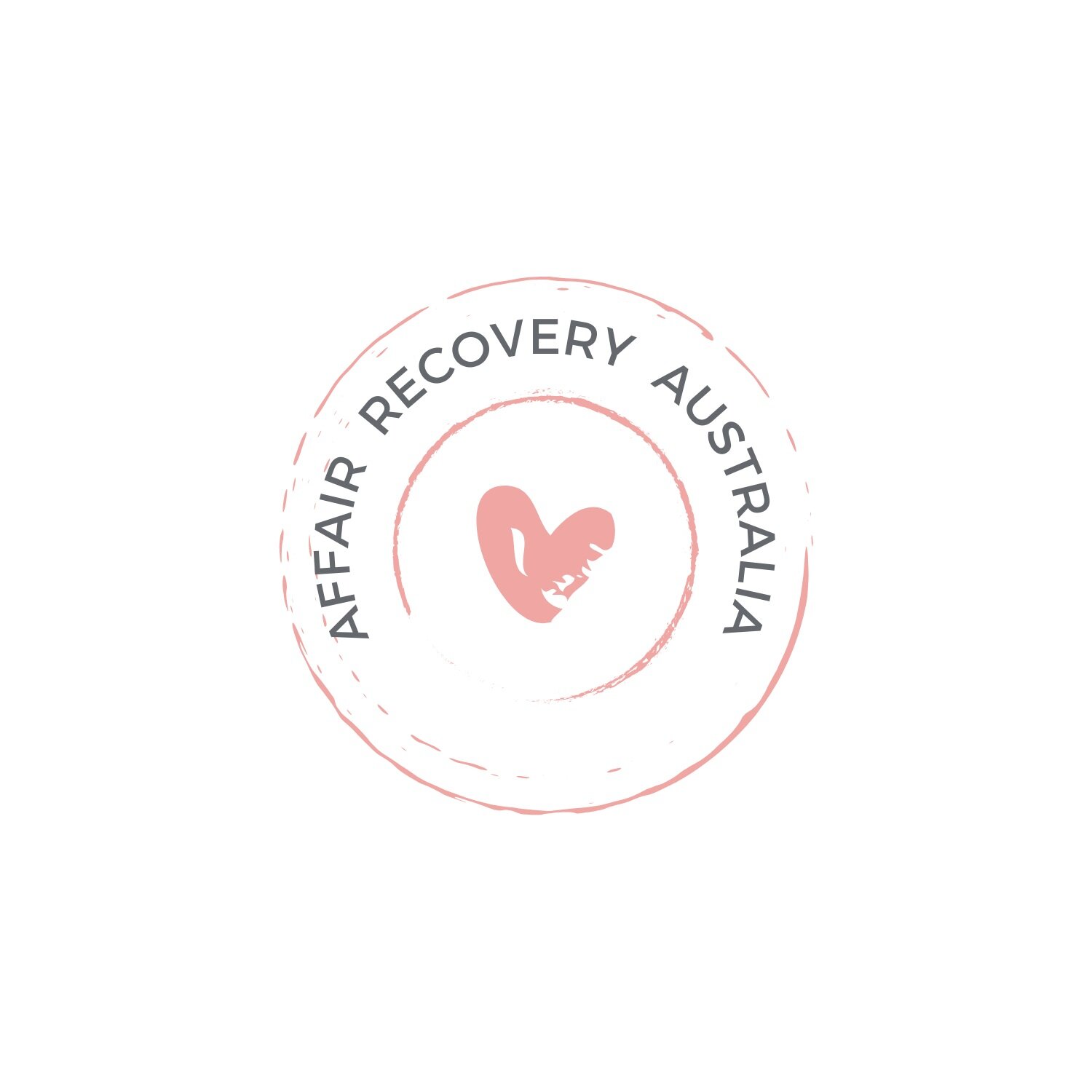Fear can make you cling to the strangest things
One thing I really understand about the Affair Recovery Journey is the FEAR. The revelation of an affair and the subsequent pain brings up an enormous amount of fear…fear for the relationships survival; fear they really can’t change and be the partner I need them to be in order to stay; fear they will do it again; fear that we will put in all this work and it will amount to nothing…and it goes on (you can insert your favourite recovery fear here).
And it all makes sense. The level of change required after an affair is huge and change is hard. And while learning how to change it is likely that mistakes will be made and you can end up back at ground zero very quickly which brings back the fear…will this really work…and so it goes round.
In addition our brains are working against us in the affair recovery journey.
Our brains are built to keep us alive not just by helping our bodies function by doing things like reminding us to eat but they are automatically programmed to keep us safe from danger. We even have a special danger monitor called the amygdala that jumps into action when danger is sensed even before our logical part of our brain can see what type of danger it is. The amygdala is responsible for setting off the chain of events we know of as fight, flight or freeze - all actions designed to keep us safe in the face of imminent danger.
The moment of affair revelation is a moment of acute relational trauma and pain that almost everyone remembers with unfortunate clarity as the moment their world fell apart. The amygdala fires, forever cementing this moment as one of fear and completely lacking in safety. This moment becomes burned in the brain as a pathway – a trauma pathway and from this moment on it becomes the brains pathway of choice for everything. Everything is about the affair - at least in the early days.
As the trauma subsides thankfully the logical part of the brain steps in and begins to discern what is affair related and what is just day to day life but the affair trauma pathway rarely goes away by itself (I have never seen it go away without work).
I think of it like a concrete path in our brains that was cemented in the brain as a result of the trauma and its purpose is to remind us of the danger so we don’t go near it again. And just like concrete doesn’t just go away by itself our brain pathway won’t either. Instead we have to get a jack hammer and deliberately destroy it and remove it if we want to live free of the affair trauma ever again. While it is there we will always be brought back to fear.
Our brains are so devoted to keeping us safe they have a whole repertoire of strategies they use to keep us stuck in the affair trauma and fear. Triggers bring you instantly back there; obsessive thoughts and ruminations about the past or fears for the future keep the fear alive; yes butting…you know that one where you see your partner’s loving behaviour and you instantly discount it and tell yourself they can’t change, are just some of it’s strategies. The affair concrete pathway, by sending everything down it, can sabotage even a nice moment and turn it into a painful one.
And the amygdala does a great job of keeping you constantly topped up on cortisol and adrenalin that will affect your behaviour and emotions and even make you sick over time. Sleeplessness, panic attacks, anxiety, shaking, not being able to stomach food or eating too much are all symptoms people report. It’s exhausting.
So now you understand that fear (and the resultant lack of a feeling of safety) is a normal response caused by the trauma of the affair and kept alive by our brain protecting us. How do we stop clinging to it?
The problem is when the amygdala and the emotional part of the brain is in charge, the logical rational part of the brain finds it hard to get heard. We need to do things that support our rational logical part of the brain to get back on line.
These 3 strategies can help:
Calm: finding calm when you are internally out of control seems impossible (and a whole blog in itself) but strategies that can work include not fighting the emotions – just let them in and accept that they are there. To often we judge ourselves for what we are feeling and fight it making it worse. Other strategies include meditation (there are lots of apps for guided meditations that can help); journaling; walking in nature; mindfulness. You just need to find one that sits right with you.
Calm is also important when talking with your partner about the affair. You need the logical part of your brain on line to be able to hear and comprehend what is being said. I learnt how to do this on my own affair recovery journey (it wasn’t easy) and teaching couples how to master staying calm while talking about very difficult things is a key part of the work I do with couples to help them heal.
Self Care: imagine you had two broken legs and were attempting to run a marathon (or just to the corner shop!). You wouldn’t do it would you. You would recognise the need to rest your legs in order for you to be ever able to walk again. But so many of us don’t see that the exhaustion of the emotional turmoil going on in your brain also needs rest and restoration. You do this when you take the time to look after yourself whatever that may look like for you. Remember hurt people hurt people and your loved ones may be feeling that right now. Filling your tank when you are depleted gives you the energy you need to keep going. Building this into your day is not optional if you want to heal and grow through this pain.
Hope: this involves allowing yourself to look to the future to a time when you will be free of this pain and have faith in yourself that you will get there. You may not know exactly how right now, but you just know you will. It’s like setting an intention to heal even though you may not have a clue how. Hope can conquer fear and even though fear, especially in the early days seems to dominate – even glimpses of hope that you allow yourself to focus on even for short times will get larger with work. This may be noticing that you feel calmer today than you did yesterday. Or noticing that the self care felt more satisfying today than last week or that your partner has shown up for you in a way that you never thought was possible. Keep a list and add to it. Hope can come from anywhere – it just needs to be noticed.
So – you are normal! Your brain is doing what it is meant to do in the aftermath of a threatening and dangerous event. Once you are doing what you can to get your logical part of the brain on line you are beginning to take charge and do what you need to do, to jack hammer up that concrete pathway and get moving down the road to recovery.



